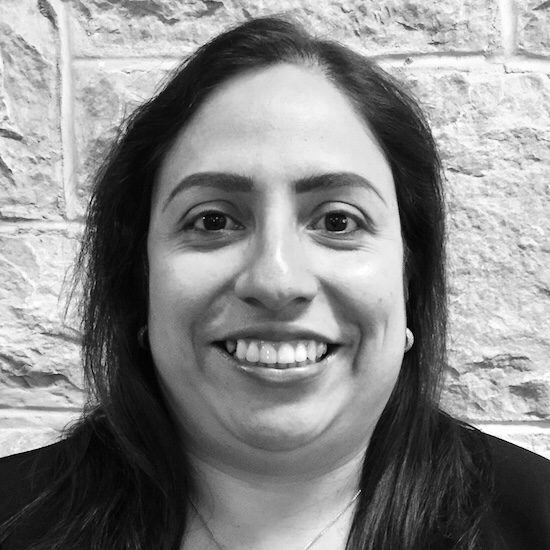Life quality measurement through the QLQ-C30 questionnaire in subjects with different cancer types in the city of Bucaramanga-Colombia
BibTeX
Abstract
Objective: To measure the quality of life in subjects with different cancer types in the city of Bucaramanga, Colombia.
Method: A non-experimental descriptive study was carried out in the foundation for cancer relief (Acronym in Spanish AVAC). To measure LQ, the EORTC QLQ-C30 questionnaire was applied.
Results: The study population consisted of 40 subjects of which 45% (n = 18) were hospitalized and 55% (n = 22) were in the outpatient program, the average age was 60.98 ± 11.5 years, the predominant gender is female (72.5%), the average time of cancer evolution 4.68 ± 5.17 years, breast cancer was predominant in females and prostate cancer in males, the overall average EORTC QLQ-C30 questionnaire score was 60 ± 9.3 points, the types of cancer that showed the highest scores were lymphoma, colon cancer, and thyroid, while the lowest score was multiple myeloma and prostate cancer.
Discussion: In relation to the measurement of LQ, the importance of the evaluation is clearly established since it is a subjective phenomenon. Subjects with high scores must be the object of special care and concern when planning health care activities.
Keywords: quality of life; neoplasm; disability evaluation.
